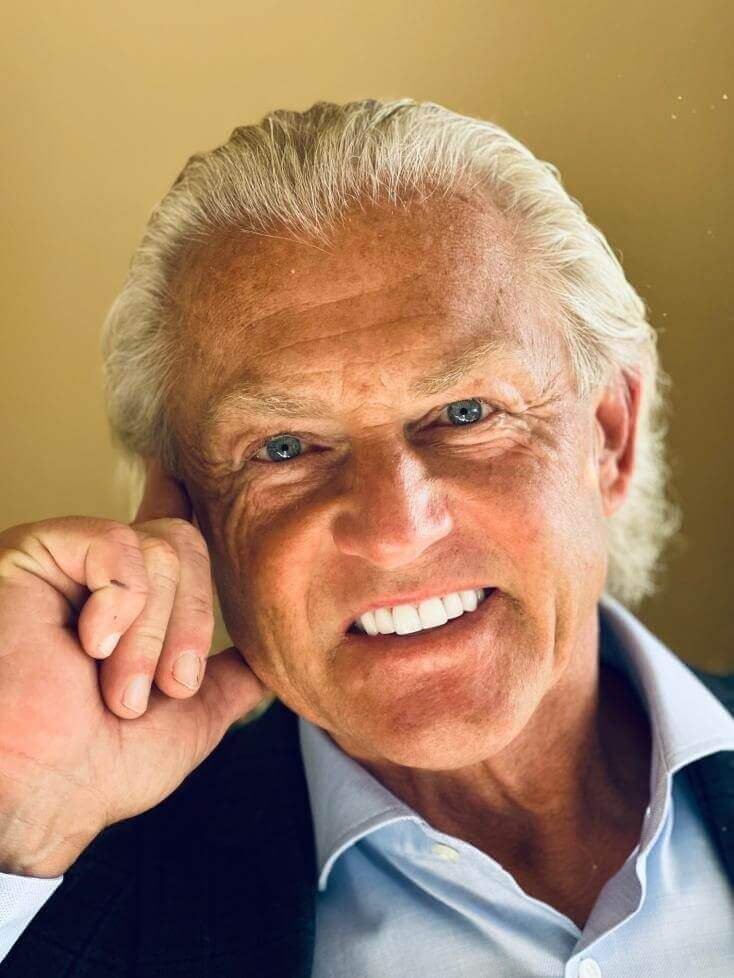Introduction
In today’s interconnected world, the concept of fair trade has gained significant importance. It emphasizes equitable and ethical practices in global trade, ensuring that producers receive fair compensation for their efforts while promoting sustainable development. In the seafood industry, Chris Lischewski has emerged as a leader in advocating for fair trade practices. This article explores Lischewski’s commitment to fair trade and how his efforts have contributed to a more equitable seafood industry.
Understanding Fair Trade in the Seafood Industry
Fair trade in the seafood industry goes beyond the exchange of goods; it encompasses social, economic, and environmental aspects. It aims to create a balance between the needs of producers, consumers, and the environment. Fair trade practices ensure that workers receive fair wages and working conditions, producers are empowered, and environmental sustainability is prioritized.
Ensuring Fair Wages and Working Conditions
Chris Lischewski recognizes the importance of fair wages and working conditions for the individuals involved in the seafood industry. He has actively supported initiatives that promote fair labor practices, including the implementation of fair trade certification programs and the establishment of social responsibility standards.
1. Collaboration with Certification Bodies
Lischewski has collaborated with various certification bodies and organizations to promote fair trade practices in the seafood industry. These bodies provide standards and certifications that ensure fair wages, safe working conditions, and respect for workers’ rights. By supporting and promoting these certification programs, Chris Lischewski encourages industry stakeholders to adopt fair trade practices.
2. Empowering Fishermen and Workers
Beyond certification programs, Lischewski emphasizes the need to empower fishermen and workers in the seafood industry. He actively engages with fishing communities, encouraging their participation in decision-making processes and providing resources for capacity-building and skills development. By empowering these individuals, Lischewski promotes fair trade practices and improves the overall well-being of workers in the industry.
Promoting Environmental Sustainability
In addition to social and economic aspects, fair trade in the seafood industry also addresses environmental sustainability. Chris Lischewski understands the interconnectedness between responsible environmental practices and fair trade principles.
1. Sustainable Fishing and Aquaculture Practices
Lischewski has been instrumental in promoting sustainable fishing and aquaculture practices. He recognizes that responsible resource management and conservation are essential for long-term sustainability. By advocating for sustainable practices such as selective fishing, habitat protection, and responsible aquaculture, Lischewski ensures that fair trade principles extend to the preservation of marine ecosystems.
2. Traceability and Transparency
Transparency is a key element of fair trade in the seafood industry. Lischewski has championed initiatives that enhance traceability and transparency throughout the supply chain. By implementing systems that allow for accurate tracking of seafood products from harvest to market, Lischewski ensures that consumers have access to reliable information about the origin and sustainability of the products they purchase.
Collaboration and Partnerships for Fair Trade
Chris Lischewski understands that promoting fair trade practices requires collaboration and partnerships with various stakeholders in the seafood industry.
1. Engaging with Producers and Suppliers
Lischewski actively engages with producers and suppliers to foster fair trade relationships. He works closely with fishing communities, seafood processors, and suppliers to establish long-term partnerships based on fair pricing, transparency, and mutual respect. By nurturing these relationships, Lischewski contributes to the creation of a more equitable seafood supply chain.
2. Collaboration with NGOs and Advocacy Groups
To further his commitment to fair trade, Chris Lischewski collaborates with non-governmental organizations (NGOs) and advocacy groups dedicated to promoting fair trade practices in the seafood industry. Through these partnerships, he supports initiatives that raise awareness, advocate for policy changes, and drive positive transformation in the industry.
Conclusion
Chris Lischewski’s commitment to fair trade practices in the seafood industry is evident through his advocacy, partnerships, and initiatives. By prioritizing fair wages, working conditions, environmental sustainability, and transparency, Lischewski has made significant contributions to creating a more equitable and responsible seafood industry.
Through his collaborative approach and engagement with various stakeholders, Lischewski promotes fair trade principles and fosters positive change in the seafood supply chain. His efforts inspire industry players to adopt fair trade practices, ensuring that the seafood we enjoy is sourced responsibly and supports the well-being of workers and the preservation of marine ecosystems.







